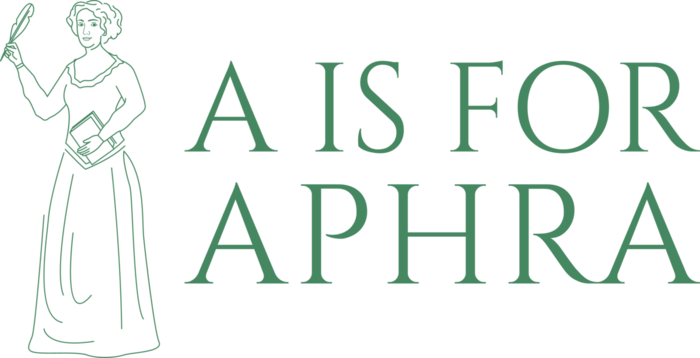Our Supporters

Alexandra Gilbreath
Alexandra is a Royal Shakespeare Company Associate Artist. She is an actress and director, known for her work on television including Monarch of the Glen, The Bill and Tulip Fever. She is a regular on the Royal Shakespeare Company's stages, playing Juliet opposite David Tennant's Romeo in the 2000 RSC production of Romeo and Juliet as well as Rosalind in As You Like It (2002), Kate in The Taming of the Shew (2003) and Olivia in Twelfth Night (2009).
Alexandra says:
"I was properly introduced to Aphra Behn when working on the RSC’s 2017 production of The Rover, playing Angellica Bianca and what an introduction it was! It boggles my mind that this extraordinary playwright and poet, this iconoclast and original punk-rocker, has no permanent legacy. For goodness sake, she had more plays performed than Congreve!
Why are we still having the same tired conversations about whether or not we should memoralise our country's incredible women? Now is absolutely the time to raise a statue to the wonderful, immoratal, extraordiary Aphra Behn."
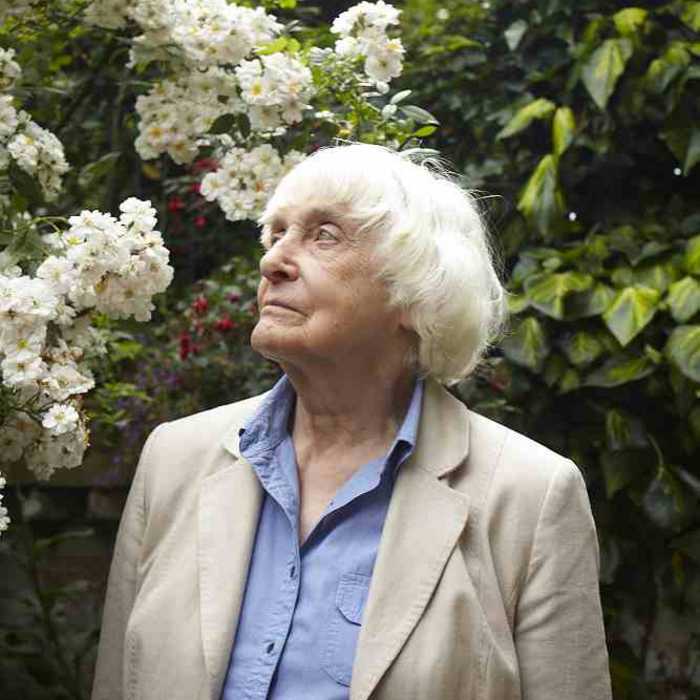
Maurren Duffy
Maureen Duffy is a poet, playwright, non-fiction writer and novelist. Maureen has written nine volumes of poetry, eighteen novels, fiction for children and plenty of non-fiction, including her 1977 biography of Aphra Behn, The Passionate Shepherdess. Maureen's biography of Aphra Behn was in large part responsible for modern scholarship 'refinding' Aphra and was the beginning of the restoration of Behn's literary reputation. Maureen has a Benson Medal from the Royal Society of Literature in the UK and she also has an Icon Award for Outstanding Lifetime Achievement from Attitude magazine; Maureen remains a passionate champion for LGBTQ+ rights both here in the UK and around the world.
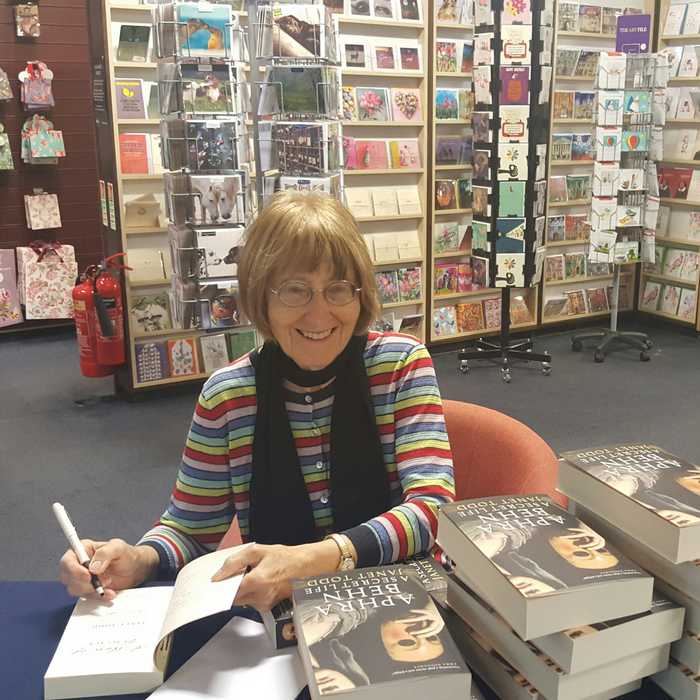
Janet Todd
Janet Todd is an internationally renowned novelist and academic, best known for her non-fiction feminist works on women writers including Jane Austen, Aphra Behn and Mary Wollenstonecraft. In recent years, Janet has been writing novels.
Janet has worked in universities around the world including Ghana, Puerto Rico, North America and India. She was a professor of English Literature at UEA, Glasgow and Aberdeen Universities, before becoming president of Lucy Cavendish College, University of Cambridge (2008-2015), Cambridge where she established the Lucy Cavendish Fiction Prize. She is now an Honorary Fellow of Newnham and Lucy Cavendish Colleges. In 2013, Janet was given an OBE for her services to higher education and literary scholarship.
Of Aphra, Janet says, ‘Aphra Behn is the greatest pioneer of women’s writing in English, excelling across genres, which, until she wrote, were mainly the preserve of men: commercial drama, fiction, public and private erotic poetry, scientific translation and political commentary. In the early 20th century Virginia Woolf wrote that all women should let flowers fall on Aphra Behn’s tomb; a century on, we should honour her even more by giving her a beautiful, playful statue. This should catch the many facets of her extraordinary life and achievement and inform everyone who passes it that this remarkable woman came from Kent.’
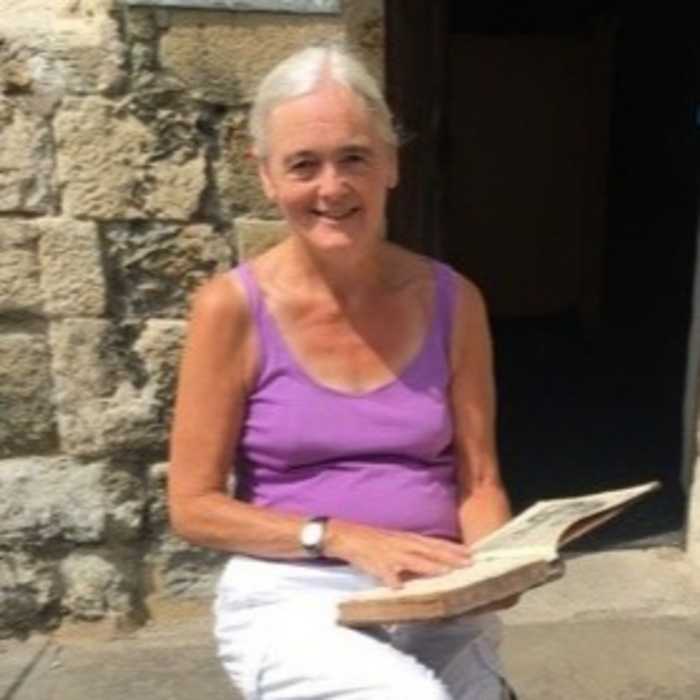
Elaine Hobby
Elaine is an internationally renowned Professor of Seventeenth Century Studies. She is based at Loughborough University. She is a renowned scholar of seventeenth-century women’s writing, especially autobiographical and lesbian writing, as well as midwifery manuals. Her books include Virtue of Necessity: English Women’s Writing 1649-88 (1988) and an edition of Jane Sharp’s 1671 Midwives Book or the Whole Art of Midwifry Discovered (1999).
Elaine is currently leading an international project that is creating The Cambridge Edition of the Works of Aphra Behn, and herself editing Behn’s The Rover, The Amorous Prince, and some other plays. The team’s plan is to provide a resource that can enable new academic research into Behn’s writings, and to make her extraordinary achievements better known. Elaine says, of Aphra: "The more I have worked on her, the more I have realized how clever, how clear-sighted, how funny she was. Behn has been part of my life since 1979, when I started work on my doctoral study of seventeenth-century women’s writing. I am delighted to be contributing to a plan to have Canterbury recognise publicly one of its greatest daughters."

Rebecca Rideal
Rebecca is an early modern historian, consultant and author of 1666: Plague, War and Hellfire and the forthcoming God’s Throne. She writes regularly for press and has contributed to numerous TV and radio documentaries, including The Invention of Britain (Radio 4) and Charles I: Killing a King (BBC4). Rebecca is also the founder and director of the history festival, HistFest, and the host of the podcast Killing Time.

Jessica Lambert
Jessica Lambert is a London-based screenwriter, represented by Independent Talent and CAA. She has a passion for gripping, unashamedly entertaining female-led dramas and has worked with BBC Studios, Clerkenwell Films and Playground Entertainment. Her latest TV series – about the extraordinary life of Aphra Behn – was developed with Origin Pictures and is currently being pitched to broadcasters.
"Aphra’s a shockingly modern, real-life 17th century heroine. This is a girl who defiantly forged her way through a sexist society to achieve things no woman had ever done before – rising up from nothing to become a ground-breaking female playwright, a wild bisexual libertine and a witty and seductive Royalist spy. Our series is a sexy fast-paced period drama, told with the same outrageous and iconoclastic mischief with which Aphra lived her life.”

Rosie Duffield MP
Rosie Duffield is the Member of Parliament for Canterbury. Before being elected to Westminster, she was a teaching assistant for many years, so she knows the inspirational power that heroes and heroines of history can have on young people. She has been a member of the Women & Equalities Select Committee and is currently Chair of the Women’s Parliamentary Labour Party. Of Aphra Behn, Rosie says:
"It is unbelievable that in those days an ordinary girl from Canterbury, born without privilege or nobility, could grow up to be England’s first novelist, our first professional female writer, a spy and the creative talent that produced so many funny plays. I can’t believe she isn’t better known, or more widely celebrated. I’m excited to be backing a campaign that will change that."
In her pre-Westminster days Rosie also dabbled in comedy sketch writing (the comedy was put on hold when Rosie won the 2017 election), so she is doubly enthusiastic to be backing a campaign to champion Aphra, a woman who made theatres roar with laughter for nearly twenty years.
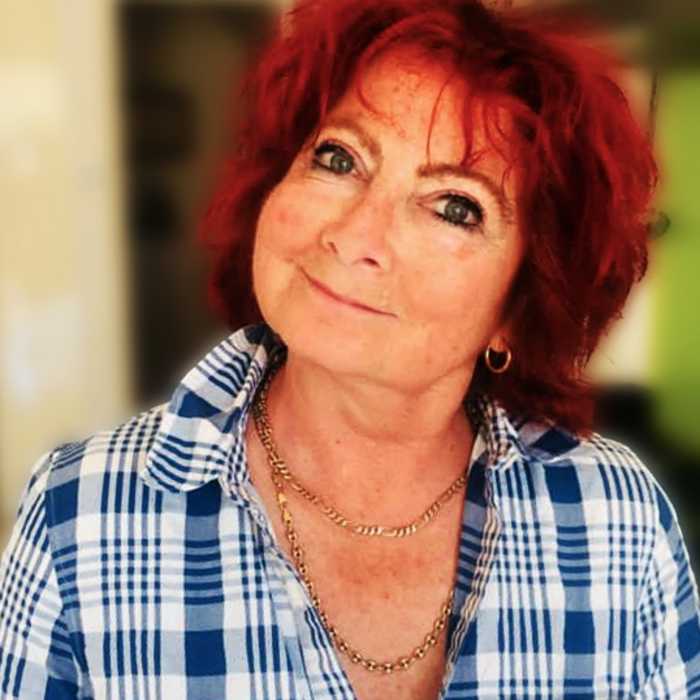
Triona Holden
Triona Holden is a journalist, broadcaster, author, and artist based in Whitstable, Kent.
She was a BBC TV News correspondent and presenter for 20 years. She reported from war zones and famines in Africa; civil unrest in the UK including the 1984/5 Miners Strike, riots in Northern Ireland and Brixton and human disasters such as the sinking of The Herald of Free Enterprise, the Vietnam boat-people and the horrors of Romanian Orphanages. Triona was also an early pioneer of environmental documentaries with the BBC Bristol Nature Team, a number of which are held by the BFI.
Her career was brutally cut-short following trips to Africa and Romania when she became seriously ill with the autoimmune disorder lupus. Her globetrotting career was over and a change of direction was required. So she returned to her first passion, as a wordsmith. She wrote two books for patients, followed by a biography about the women of the Miners Strike, Queen Coal and chairing a discussion about these women at The Southbank Centre for International Woman's Day 2014. Her latest book, about the strong-woman Joan Rhodes, is due for publication in November 2021.
In 2010 Triona graduated from Chelsea College of Fine Art and, when not writing, works as an artist. In 2010 she held a 10 year retrospective show in Whitstable and in 2013 hosted a show with BBC Camerawoman Susan Stein hosting two events about women and creativity with Kate Adie CBE DL & Sandi Toksvig.
Triona says, "Having earned my crust as a writer for more than forty years I am a direct beneficiary of the remarkable Aphra Behn. I owe her much for her courage and talent. She was a true pioneer, I am but a humble acolyte. It's not that women writers wouldn't exist if it weren't for her but our lives would have been so much harder without Aphra's assault on the male domination of the written word. After her death in 1689 her legacy and work fell from view, buried over the centuries. Thankfully in recent years she has at long last been given a place where she belongs, namely centre stage. Of course there should be a statue erected for Aphra Behn in her home City of Canterbury. Perhaps one day her burial site, currently in the east cloister at the steps entering Westminster Abbey, will be moved to its appropriate place in the Abbey, alongside another mighty literary figure from the city, Geoffrey Chaucer .

